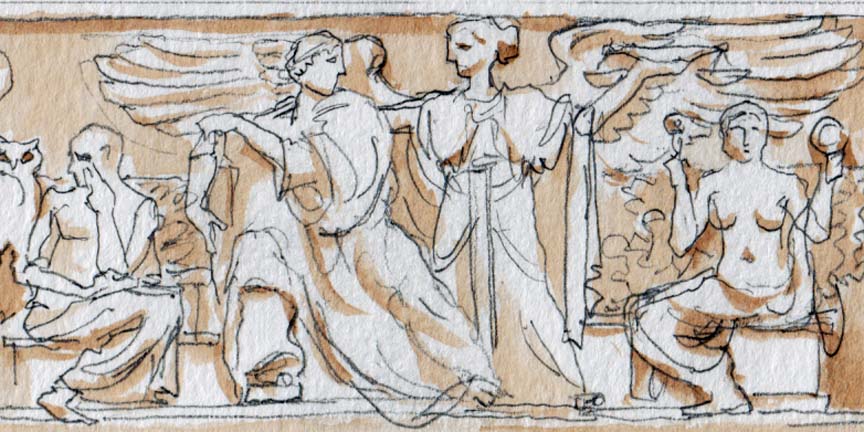Monday round-up

on Oct 22, 2018 at 6:56 am

On Friday the Supreme Court released its updated list of circuit assignments, indicating which justices are responsible for disposing of emergency applications and other requests from various geographical areas of the country. Amy Howe covers the announcement for this blog, in a post that was first published at Howe on the Court.
At USA Today, Richard Wolf reports that Justice Brett Kavanaugh’s confirmation has given “the conservative legal movement confidence that the court will move in its direction on issues ranging from vast government regulations to individual property rights,” areas of the law that are “more obscure” than hot-button issues like abortion and gun rights but still “consequential.” Stephanie Kirchgaesser writes for The Guardian that Kavanaugh “once lobbied in support of a controversial judge who is now tasked with reviewing more than a dozen ethics complaints filed against [Kavanaugh] during his own confirmation process.” At National Review, John Yoo and James Phillips declare that because “for the first time in generations there is a majority of justices on the Supreme Court, who, to varying degrees, practice originalism and textualism,” the court can “systematically begin to restore the Constitution to its original meaning.”
Briefly:
- In the latest episode of her podcast at Howe on the Court, Amy Howe covers last week’s Supreme Court news, including a speech in which Chief Justice John Roberts sought “to assuage concerns that the court is a political institution.”
- Today’s episode of First Mondays (podcast) finds guest Richard Epstein “discussing the frogs of Weyerhaeuser Company v. United States Fish and Wildlife Service and a very mysterious brief in opposition for United States v. Haymond” with hosts Dan Epps and Ian Samuel.
- In a Daily Journal podcast, two former Supreme Court law clerks consider some of the “conflicting, gender-suffused events” affecting the court during the past few weeks, including Kavanaugh’s confirmation hearing and the start of a term in which the majority of the justices’ law clerks, including all four of Kavanaugh’s, are women.
We rely on our readers to send us links for our round-up. If you have or know of a recent (published in the last two or three days) article, post, podcast, or op-ed relating to the Supreme Court that you’d like us to consider for inclusion in the round-up, please send it to roundup [at] scotusblog.com. Thank you!


